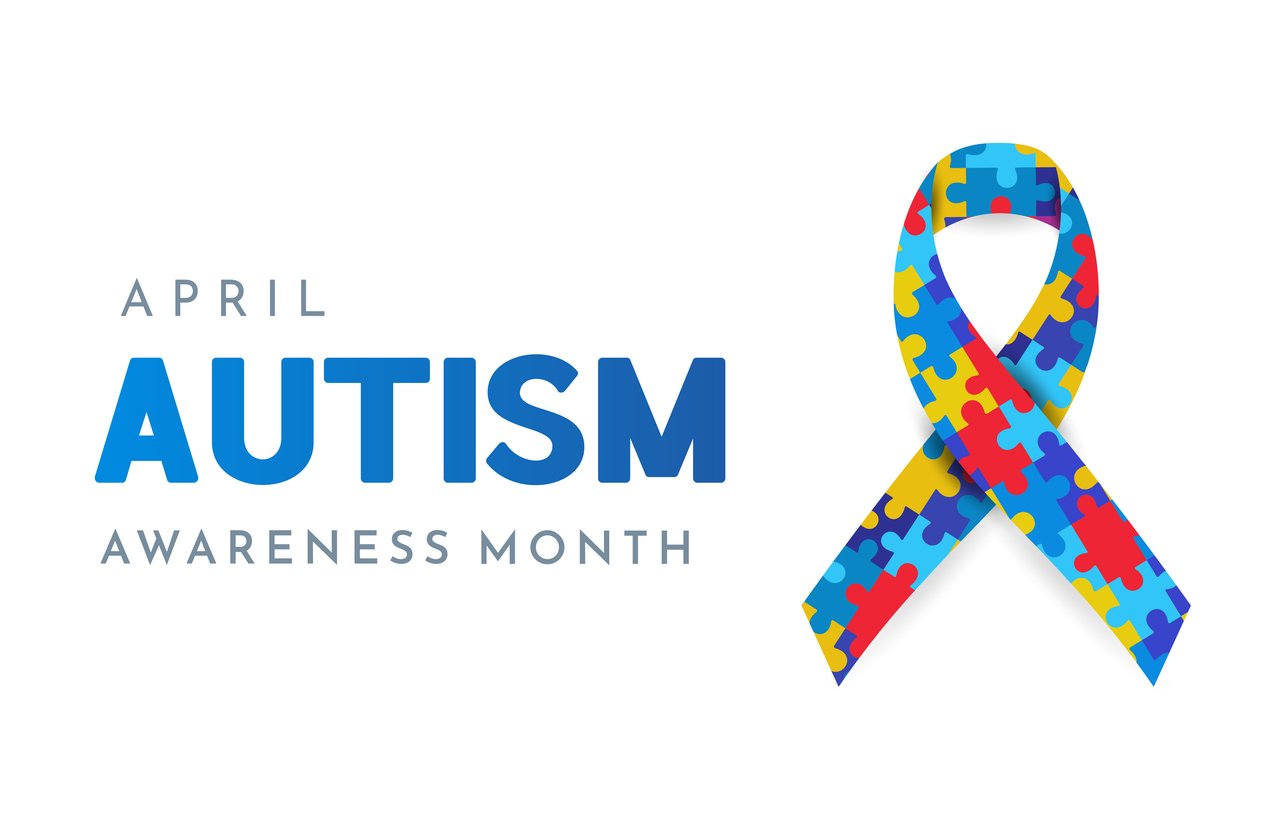Unlocking Potential: The Importance of Early Detection and Intervention in Autism
April is observed as Autism Awareness Month worldwide. The main objective of this month is to increase awareness and understanding about autism spectrum disorder (ASD) while promoting acceptance and support for individuals with autism and their families, says Bay Area Community Health Medical Director Dr Aparna Arun.
“By raising awareness and fostering inclusive communities, we can create a more compassionate and supportive society for individuals with autism to thrive.”
She explains that despite the common misconception about autism being rare, we find that autism is relatively more common, with an estimated prevalence of about 1 in 54 children in the United States, according to the Centers for Disease Control and Prevention (CDC).
“By increasing awareness efforts, we can provide statistics and data to illustrate the prevalence of autism, showcasing the significant number of individuals and families that are affected worldwide.”
Although autism prevalence rates vary widely across different regions and countries, with some areas reporting higher prevalence rates than others, overall, there has been a trend of increasing autism prevalence worldwide.
Dr Arun explains that autism is diagnosed more frequently in males than females, with boys being about four times more likely to be diagnosed with autism than girls. However, there is growing recognition of the underdiagnoses and misdiagnosis of autism in females, suggesting that the actual prevalence among girls may be higher than previously thought.
Meanwhile, improved awareness of autism and changes in diagnostic criteria have contributed to the increase in autism prevalence in recent years. She stresses that greater recognition of the diverse presentation of autism across different age groups, genders, and cultural backgrounds has also led to more accurate diagnosis and reporting.
Furthermore, the growing recognition of autism as a spectrum disorder encompasses a wide range of abilities, challenges, and characteristics that prompted a shift away from perceiving autism as a single, homogeneous condition. Instead, there is a trend towards acknowledging the diversity of experiences among individuals with autism.
Moreover, Dr Arun underscores the importance of early intervention and its role in autism research and treatment. She notes that there is growing evidence that early, intensive intervention can improve outcomes for children with autism by addressing core deficits and supporting development in areas such as communication, social skills, and behavior.
Early detection and intervention for autism are critical for several reasons. Firstly, recognizing signs in infancy or early childhood allows prompt evaluation and diagnosis, facilitating access to necessary interventions and support services. Secondly, initiating interventions during early development maximizes effectiveness, targeting communication, social skills, and behavior.
Thirdly, early, intensive intervention significantly improves developmental outcomes, including communication, social interaction, cognitive abilities, and overall quality of life.
Additionally, it provides crucial support for families, aiding in understanding the diagnosis and developing effective management strategies. Lastly, it plays a vital role in preventing or alleviating secondary issues like behavioral problems and academic difficulties, enabling individuals to navigate life challenges and participate fully in society.
Some potential initiatives that BACH or similar institutions might offer include:
Multidisciplinary Assessment and Treatment: BACH may provide comprehensive assessments and evaluations for individuals with autism, involving a team of healthcare professionals, such as pediatricians, psychologists, referrals to speech therapists, occupational therapists, and behavioral therapists. These assessments can help identify the unique strengths, challenges, and needs of each autist.
Early Intervention Services: BACH may offer early referral to intervention programs for young children with autism, providing evidence-based therapies and interventions to support their development in areas such as communication, social skills, behavior management, and sensory processing.
Family Support and Education: BACH may offer referrals to county-based support groups, workshops, and educational resources for families of individuals with autism, providing information, guidance, and strategies for coping with the challenges associated with autism and advocating for their child's needs.
Behavioral Therapy Programs: BACH may provide referrals to behavioral therapy programs, such as Applied Behavior Analysis (ABA), to address specific behavioral challenges and teach new skills to individuals with autism. These programs may be tailored to the unique needs and preferences of everyone.
Social Skills Groups and Recreational Activities: BACH may offer referrals to county-wise social skills groups, recreational therapy programs, and community-based activities designed to help individuals with autism develop social skills, build friendships, and participate in meaningful leisure activities.
Community Outreach and Awareness: BACH may engage in community outreach initiatives to raise awareness about autism spectrum disorder, promote acceptance and inclusion, and advocate for the needs of individuals with autism and their families.
If you would like to schedule an appointment with us here at BACH, please call us at (510) 770-8040 / (408) 729-4290 or visit our website to learn more about our service offering or to find a clinic near you

